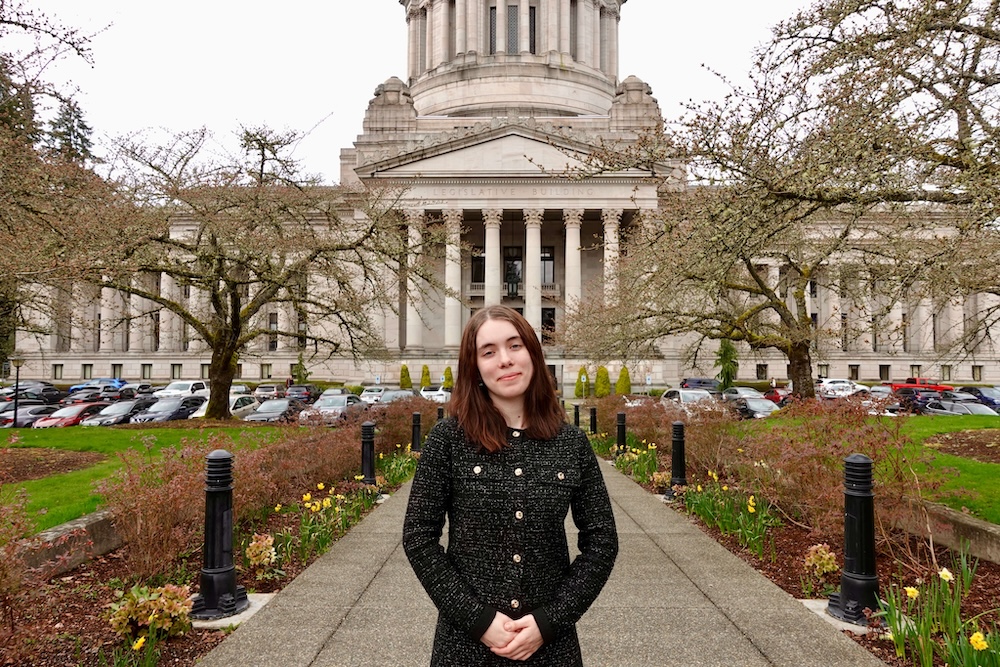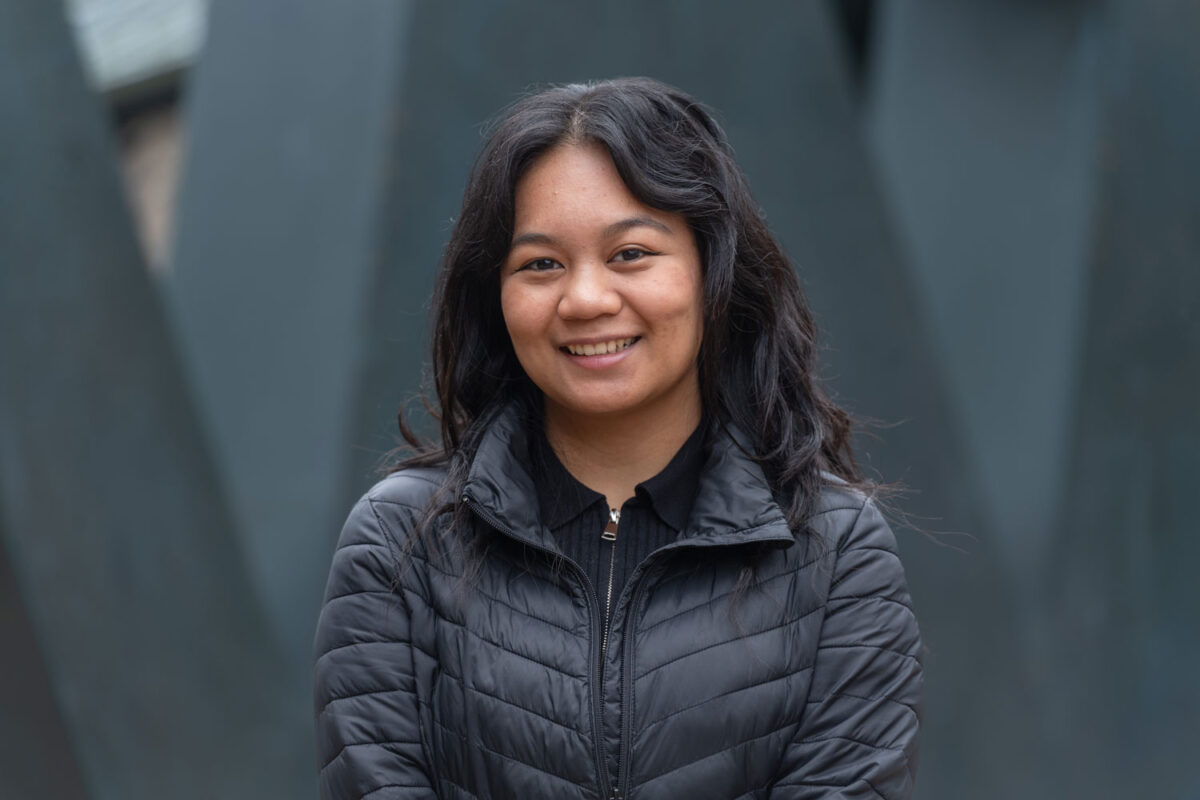By Douglas Esser
A Mary Gates research scholarship is prestigious recognition of academic promise for two University of Washington Bothell students, but the $5,000 each also makes a big practical difference.
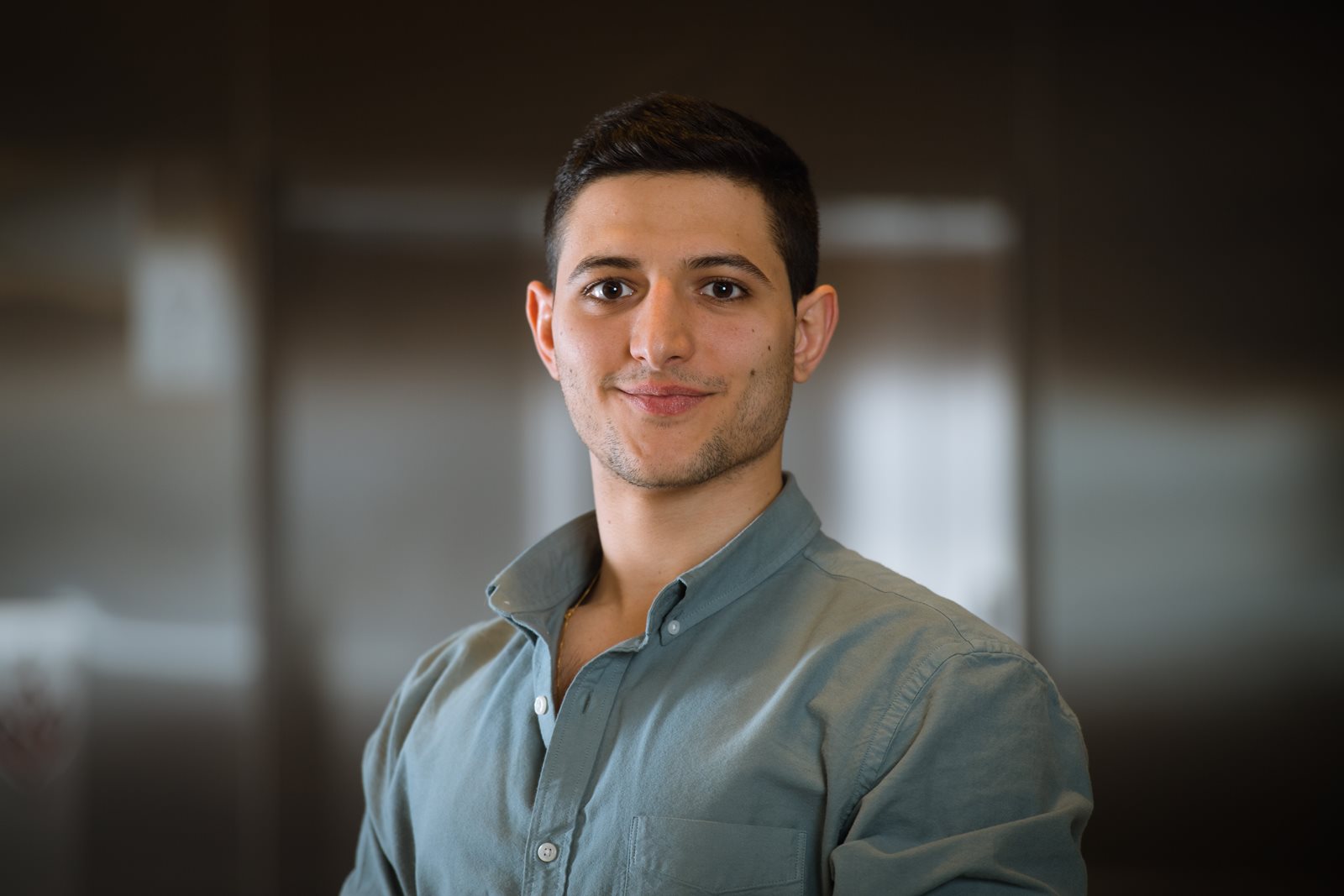
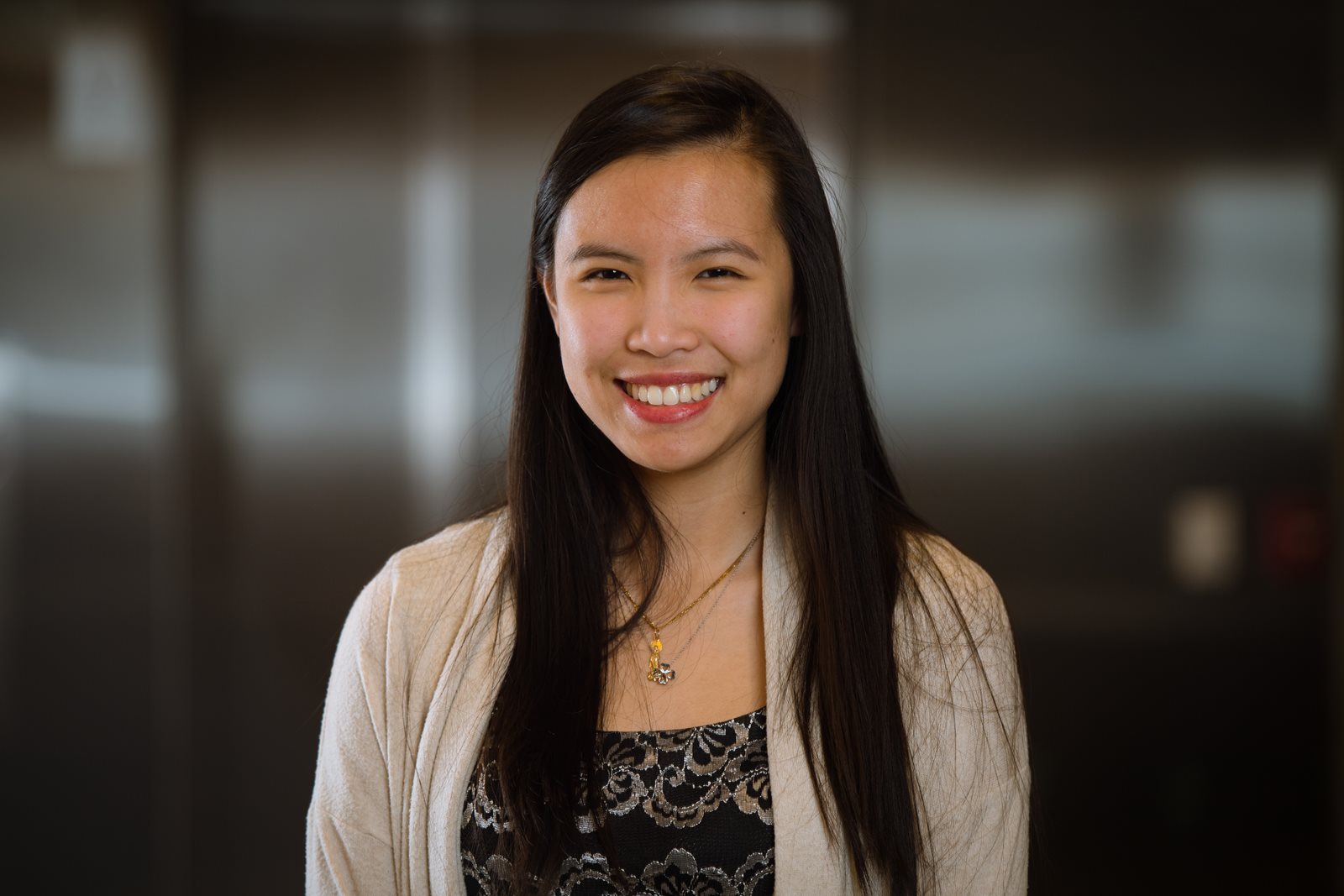
It means Kathy Phuong-Hao Tran, left, won’t have to be working a checkout counter at 11 p.m. And, Paul Hage, right, won’t have to work full time as a mixed martial arts trainer. The money will help them focus on faculty-guided research in the School of Science, Technology, Engineering & Mathematics.
Hage is an electrical engineering senior in Assistant Professor Sohini Roy Chowdhury’s Medical Image Processing Systems (MIPS) labs. His project is a simple program to detect anemia – a low level of oxygen-carrying hemoglobin in the blood. Here’s how it will work. A photo of your eye or tongue is uploaded for computer analysis that tells you if the pallor is abnormal and you should see a doctor.
Uploading a photo is far less invasive than having blood drawn for a test, says Roy Chowdhury, who says she has had anemia herself. Hage joined her research group after coming to her attention in a class.

“I saw Paul’s persistence and I asked him and he agreed,” Roy Chowdhury said. “I tell him this is the direction; now you make it your own.”
The project is still in testing, with a journal paper and a mobile app in the works. It may take another year or more before it’s all ready. The program is designed to run on Microsoft’s Azure cloud platform, so it could be used from any computer browser in the world.
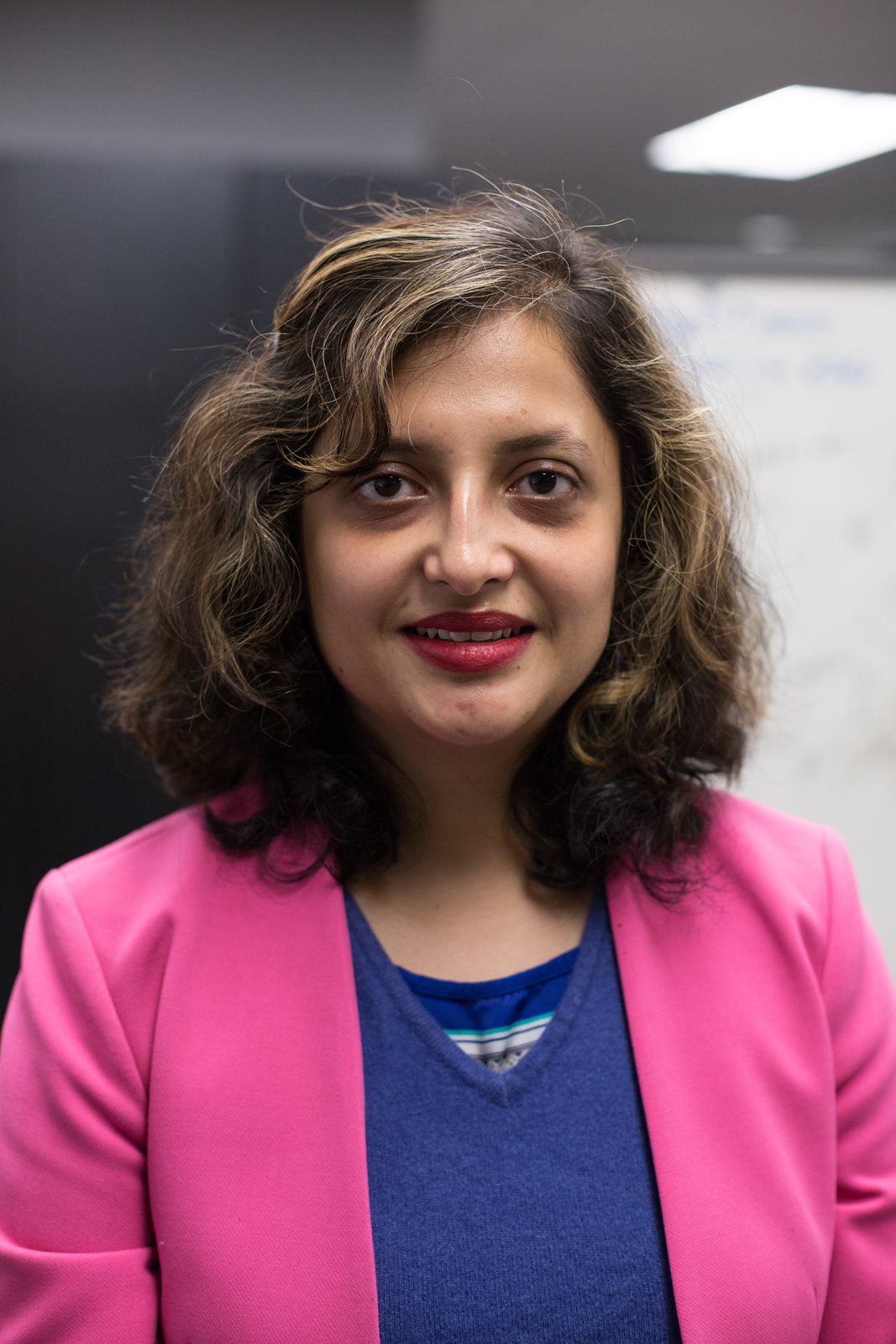
Roy Chowdhury, right, says Hage doesn’t know how good he is as a researcher. Hage knows how good he is as a fighter. He competed between the ages of 16 and 21 and has been working as a trainer at Ivan Salaverry Mixed Martial Arts in Seattle.
A transfer student from Bellevue College, Hage has been an engineering student by day and a combat athlete by night. His fighting days may be over. After he earns his electrical engineering degree in the fall, he plans to work toward a doctorate.
Tran was an enthusiastic student in Thelma Madzima’s introduction to genetics class and later in Cynthia Chang’s plant biology class. Both Madzima and Chang are collaborating for Tran’s independent research project, a combination of plant ecology and genetics.

Tran works part-time at a retail store and says the Mary Gates scholarship will relieve her of some long hours.
“This will help a lot so I can work less outside school and focus on school and research,” she says.
The 20-year-old from Lynnwood is aiming to graduate in the fall of 2018 with a degree in biology and minor in chemistry. She plans on medical school, specializing in pediatric oncology. Also a volunteer in the neonatal intensive care unit at Swedish Hospital, nurturing premature or ill infants, she says, “Kids speak to me.”
Tran’s research studies how plants can adapt to climate change – not just drought but also more-variable periods of rain, for example when a dry spell is followed by heavy rainfall. The research uses plants grown by one of Chang’s classes in the Sarah Simonds Green Conservatory.
“Long term, we could try to manipulate these things to understand water stress response as a way of improving plant productivity” for food crops such as corn, says Madzima, right.
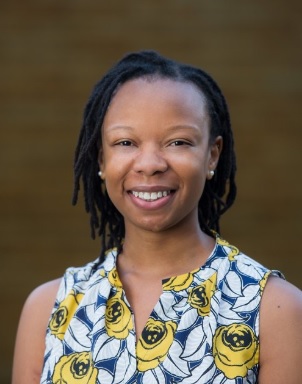
Research deepens Tran’s student experience and builds toward a career.
“It’s important for her to understand how environment can affect what goes on in a cell, and it’s applicable not just to plants but all living organisms,” something that will help her in medicine, says Madzima.
The University of Washington Mary Gates Endowment was established in 1995 by Bill and Melinda Gates to honor the memory of Mary Gates, his mother who died in 1994. She served as a UW regent from 1975 to 1993.
Applications for the competitive Mary Gates scholarships are accepted twice a year, once in fall and once in winter quarter. The deadline for winter quarter applications is Jan. 30.
(Photos by Jama Abdirahman)

